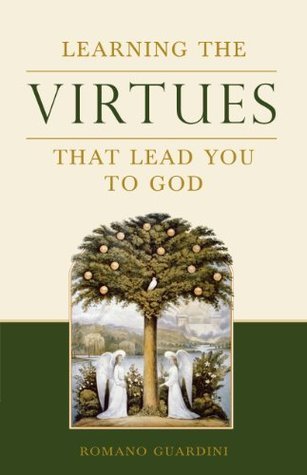What do you think?
Rate this book


215 pages, Kindle Edition
First published March 1, 1998
"Publicity forces itself upon personal lives without the least consideration, so that privacy is plainly disappearing... [The individual] does not act from interior initiative, but only as he is propelled by impulses that come from without."He then goes on to make a pretty convincing argument about the consequences this has on society as a whole, concluding that:
"After the experiences of the past half century we must emphasize that the violence of the state...must deprive man of self and interiority in order to have dominion over him"Pretty haunting, when seen in the light of politics and social media in the 21st century. ANyway, if you're interested in something more than the pop-Christian pablum written today, I recommend this.